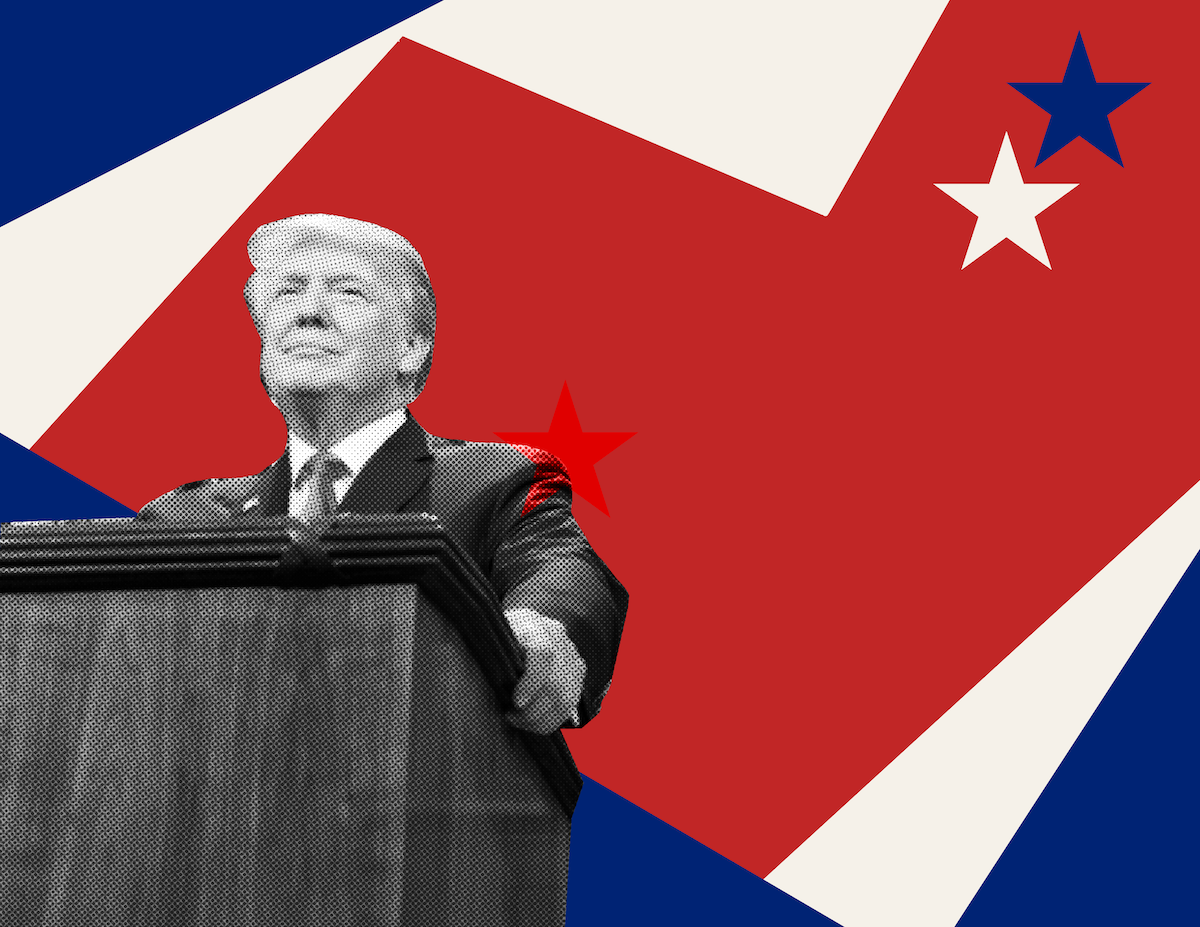
Julia Garrison
News Editor
The Associated Press (AP) called the 2024 presidential race earlier than many news outlets were predicting — only hours after the final polling location closed. AP called the presidential race after former president Donald Trump secured 10 electoral votes from Wisconsin during the early hours of Nov. 6 to push past 270 electoral votes and claim the election.
Trump ultimately took 312 electoral votes, while current Vice President Kamala Harris took 226. Trump also won the popular vote by over four million, with over 75 million total votes. Harris had over 71 million, trailing behind at 48.1% of the vote. Trump also claimed every state that was expected to be a battleground state this election. Trump won Ohio’s 17 electoral votes and 55.2% of the popular vote –– beating Harris’ 43.9%.
Harris conceded the race on Wednesday, calling Trump to congratulate him on his win — something that the former president neglected to do after his loss in the 2020 election.
The presidency was not the only important race for the Republican Party this election cycle. Beginning in January, Republicans will hold control of the Senate, with four seats flipping red this election. One seat included Ohio’s — formerly held by Democrat Sherrod Brown who was up against the Trump-endorsed Republican Bernie Moreno. Moreno won the seat — gathering approximately 2,803,634 votes, which was enough to inch past Brown’s 2,592,529 votes. Brown gave his concession speech on election night during his watch party in Columbus.
Vice President-elect JD Vance’s Ohio senate seat will be up for grabs once he enters the White House — with Governor Mike DeWine set to appoint another Republican to replace Vance until a special election is held in November 2026. Some potential candidates for this interim position include Vivek Ramaswamy, Frank LaRose and Matt Dolan.
This presidential election was characterized by misinformation and Trump’s claims on the campaign trail about the potential faltering of American democracy if a Republican did not take the office of the President. A recurring talking point during the election was “Project 2025” — a 900-page policy book that proposes a framework for upcoming political leadership. Trump claims to have never heard of the contents of “Project 2025.” However, many of his campaign talking points appear in its contents — including immigration reform, rolling back DEI and LGBTQ+ programming, abolishing the Department of Education and climate policy.
Trump began filling his cabinet at the beginning of the week. As of Nov. 12, Trump has already nominated seven individuals to hold positions in his administration. This includes Lee Zeldin to lead the Environmental Protection Agency, Stephen Miller for the deputy chief of staff for policy, Elise Stefanik for the United Nations ambassador, Tom Homan as the administration’s “border czar,” Susie Wiles as the chief of staff, Mike Waltz as the national security adviser and Mike Huckabee as the ambassador to Israel.
“We made history for a reason tonight and the reason is going to be just that we overcame obstacles that nobody thought possible,” Trump said during his election night speech. “It’s a political victory that our country has never seen before.”
